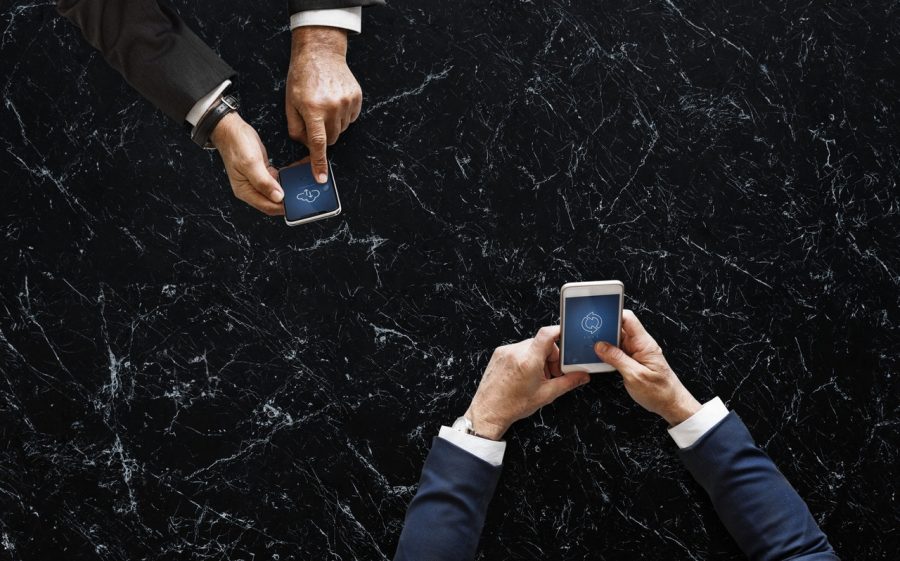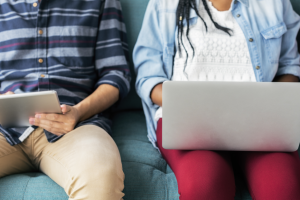The Internet has made a lot of things more convenient for users. It has created a global village, virtually eliminating distance, and where information is readily accessible for anyone who seeks it. With U.S. mobile connectivity averaging 10.7 Mbps, imagining the things that you can do with all that power in your hands is overwhelming.
With all this, however, of course, using the Internet comes at a fair price. Besides the financial costs of setting up a router and purchasing a gadget that can connect to the network, there are other things you need to give in exchange for using the Internet.
How does the Internet work?
The Internet is essentially an interconnected network of servers and gadgets from all corners of the world. To gain access to any website or page on the Internet highway, users have to connect to the network. Servers, who are on the other side of the site you are accessing, collect information like IP address and additional unique details that your gadget possesses.
In short, accessing the Internet requires exchanging information between you and the server of the website you wish to visit. Individuals or groups who take an interest in your information can seize it—or hack, which has been proven to be possible many times.
Can a virtual private network protect me?
Using a virtual private network (VPN) service provider is one way that people counter cyber crimes like hacking and phishing. A VPN connects you to the web, but it encrypts your data before you can connect to an external server. It serves as the bridge between you and the website you are accessing.
Because VPNs encrypt your data and function like an intermediary, the website you are visiting will not have direct access to your information, because the VPN server protects your data to varying extents.
Other perks of VPN
Besides enhanced security and privacy, using a VPN also gives you specific opportunities. With a VPN, you can mask your location and use your VPN server’s location instead. If you are visiting sites that are visible only to selected countries, you can use a VPN to see it.
If for example, Kodi media player is blocked where you are, a VPN can help unblock Kodi for you. A VPN helps unblock media and other region-specific content that you cannot access because of the location of your IP address. This also means to say that if you live in a country that blocks certain websites or certain content in platforms like Netflix, Amazon Prime, and Direct TV Now, you may be able to access these with the help of a VPN.
A fine line
Although VPN gives you the liberty to do a variety of things and encrypt your data, to boot, there still, remains, of course, a limit to what you should and should not do. Laws still govern the cyber world, and even if VPN service providers are paid to protect the data of their clients, the company has all the right to surrender your data, most especially if it concerns national safety.
These laws are borderless, too. Hackers can be extradited regardless of their location, and penalties of committing cybercrime are just as grave as committing any other crime, despite the absence of a physical body. To put it in another way, you can enjoy the services of a VPN, but make sure that everything you do is legal.
Other sources: https://www.recode.net/2017/6/7/15747486/united-states-developed-world-mobile-Internet-speeds-akamai






 Your total news and information resource for all things Science, Technology, Engineering / Mathematics, Art, and Medicine / Health.
Your total news and information resource for all things Science, Technology, Engineering / Mathematics, Art, and Medicine / Health.
Leave a Comment